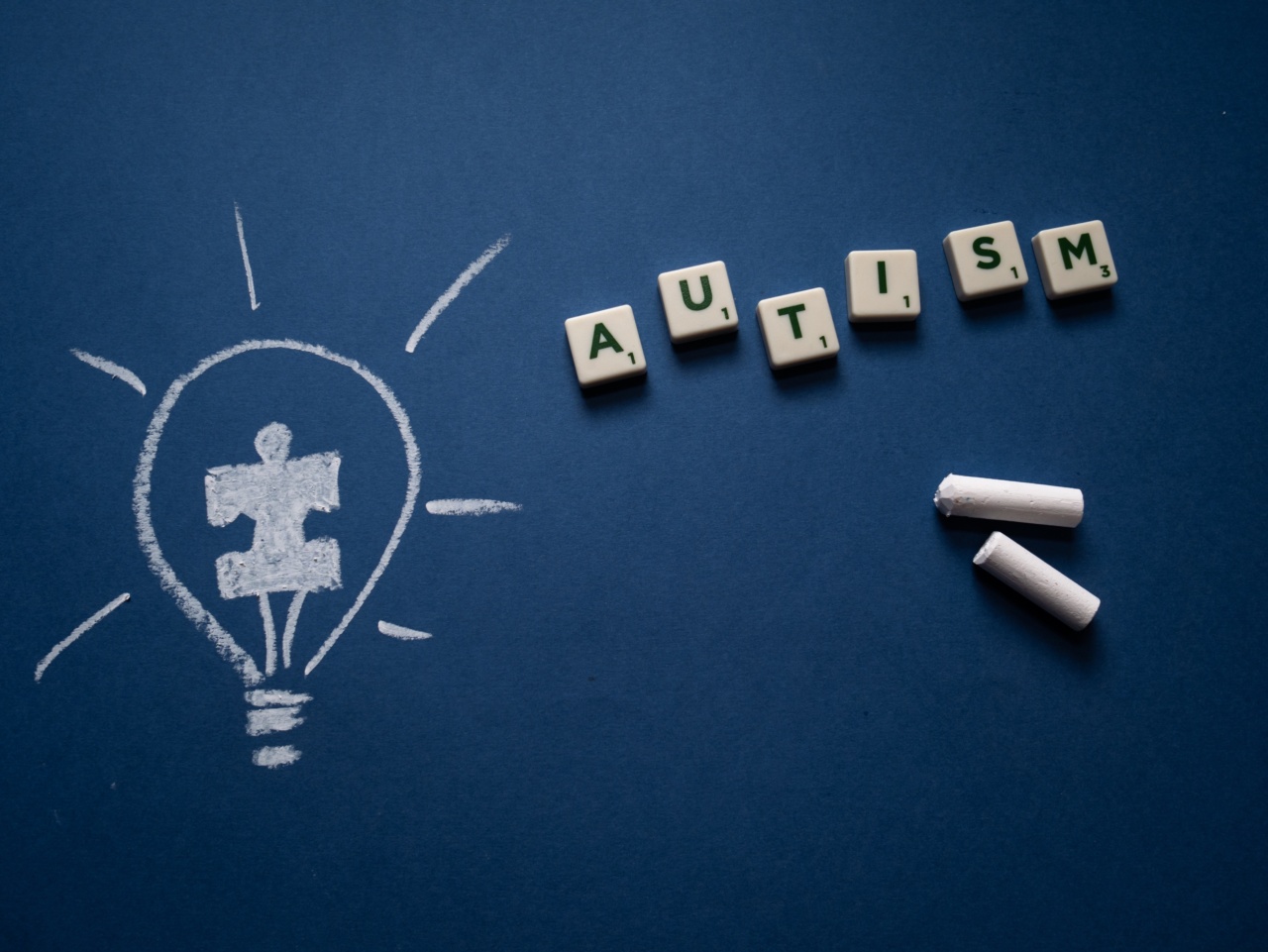Autism Spectrum Disorder (ASD) is a neurodevelopmental disorder that affects communication, social interaction, and behavior. It is a complex disorder with genetic, environmental, and neurobiological factors playing a role in its development.
In recent years, the role of hormones in ASD has received more attention as researchers continue to explore these factors. Hormones are chemical messengers in the body that regulate various bodily functions and behaviors.
Hormones and Sexual Dimorphism in ASD
Sexual dimorphism is the physical and behavioral differences between males and females. It is well known that ASD is more prevalent in males than females.
Hormones, which are involved in sexual dimorphism, have been studied to understand their role in the higher prevalence of ASD in males.
One of the hormones that has been studied for its role in ASD is testosterone. Testosterone is a hormone that is responsible for the development of male characteristics.
Research has shown that prenatal exposure to high levels of testosterone is associated with ASD. Some studies have also found that children with ASD have higher levels of testosterone compared to typically developing children. However, not all studies have found this association.
Another hormone that has been studied is oxytocin. Oxytocin is a hormone that is involved in social behavior, including bonding and trust.
Some studies have found that individuals with ASD have lower levels of oxytocin compared to typically developing individuals. Oxytocin has also been studied as a potential treatment for ASD, with some promising results.
Hormones and Anxiety in ASD
Anxiety is a common symptom in individuals with ASD. Hormones, particularly cortisol, have been studied for their role in anxiety in ASD.
Cortisol is a hormone that is released in response to stress. Some studies have found that individuals with ASD have higher levels of cortisol compared to typically developing individuals.
This may be due to the increased levels of anxiety experienced by individuals with ASD. High levels of cortisol have been associated with increased anxiety levels, and some studies have found that cortisol levels are positively correlated with anxiety levels in individuals with ASD.
Hormones and Gastrointestinal Issues in ASD
Gastrointestinal issues are common in individuals with ASD. Hormones, particularly serotonin, have been studied for their role in these issues.
Serotonin is a hormone that is involved in the regulation of mood, appetite, and gastrointestinal function. Some studies have found that individuals with ASD have lower levels of serotonin compared to typically developing individuals.
This may be due to genetic and environmental factors that affect the production and distribution of serotonin in the body.
Hormones and Treatment for ASD
Hormones have been studied as potential treatments for ASD. Two hormones that have received the most attention are oxytocin and vasopressin.
Oxytocin has been studied as a potential treatment for social deficits in individuals with ASD. Some studies have shown that intranasal administration of oxytocin can improve social cognition and behavior in individuals with ASD.
However, not all studies have found this effect, and more research is needed to determine the effectiveness of oxytocin as a treatment for ASD.
Vasopressin is a hormone that is involved in social behavior and aggression. Some studies have found that intranasal administration of vasopressin can improve social cognition and behavior in individuals with ASD.
However, more research is needed to determine the effectiveness of vasopressin as a treatment for ASD.
Conclusion
In conclusion, hormones play a complex role in ASD. They are involved in sexual dimorphism, anxiety, and gastrointestinal issues, and have been studied as potential treatments for ASD.
However, more research is needed to fully understand the role of hormones in ASD and to determine their effectiveness as treatments.





























